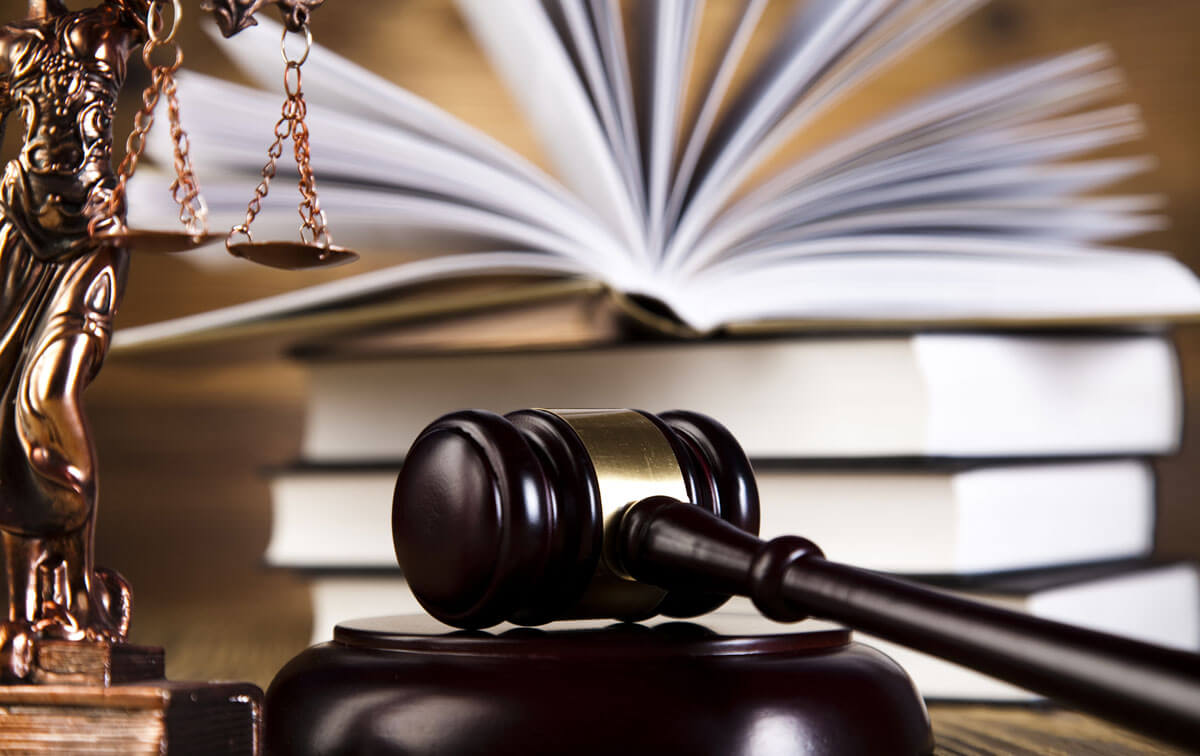Jimi Hendrix’s “All Along the Watchtower.” Whitney Houston’s “I Will Always Love You.” Aretha Franklin’s “Respect.” What do these songs have in commonplace?
Aside from being taken into consideration by a number of the finest songs of all time, they’re additionally all covers at first recorded using other artists. Today we often equate cowl songs with up-and-coming YouTube artists or local bands. However, musical re-interpretation has been part of song records seeing as the beginning of time. As the Barenaked Ladies said in 1998, “It’s All Been Done Before.”
Shawn Mendes, Pentatonix, and Ed Sheeran all began with YouTube cover songs earlier than going on to get their huge breaks. Unfortunately, simply because the internet has empowered artists and propelled music ahead, the recording enterprise has also manipulated the era and the legal guidelines governing it if you want to fill their wallet and save others from achieving success.
YouTube, Twitter, Spotify, TikTok, Facebook, Bandcamp, Instagram, SoundCloud, and any other online platform that artists use to post and proportion their track perform in compliance with the Digital Millennium Copyright Act (DMCA). This vital piece of the law changed into enacted with a watch to the future to provide a flexible felony framework that protects rights holders (inclusive of songwriters and musicians) even as nonetheless assisting the net’s improvements. Social media and different structures that allow artists to share their tracks with tens of millions worldwide exist completely because of the balanced copyright framework supplied with the aid of the DMCA.

The DMCA additionally provided for what is known as the awareness and takedown machine. If an artist finds an instance in which her video or track is getting used without permission, the rightsholder offers the platform with “notice” that a person’s publish is copyright infringement. Next, the platform will mechanically “takedown” the publish in question. The unique poster is then offered to assignment the takedown if it is blanketed by honest use or different exceptions.
It’s no longer an excellent device; every so often, errors are made, and non-infringing content is taken down. However, it’s a device that works. Notice and takedown advantages artists use permitting them to put in force their copyrights while still allowing users to put up their own content, from cowl songs to GIFs and memes. If a cover track is mistakenly taken down because of a copyright claim, underneath observe and takedown, the artist has the ability to undertaking the takedown and feature the song reposted.
It’s crucial to make clear that it’s nearly usually a gatekeeper in the track enterprise which had the submit taken down: song groups, legal professionals who have been assigned collection rights, or different intermediaries whose job it is to make sure that no person else comes close to touching their artists and songs. Platforms like Twitter are legally required to comply with the awareness of whether or not it’s protected using honest use.
The gatekeepers’ entire financial system depends on taking a reduction from songwriters and musicians; that’s why the tune enterprise’s attempts to take down the era are so ironic. After all, the file labels are seeing profits leap way to streaming systems and the Internet. The recording industry announced 2018 as their great year in a decade with $9—8 billion in revenue and a forty-two percent growth in paid tune subscriptions from the preceding yr. Music streaming platforms like Spotify and Pandora have contributed to a booming song enterprise — more songs, greater genres, more listens, and greater sales.







